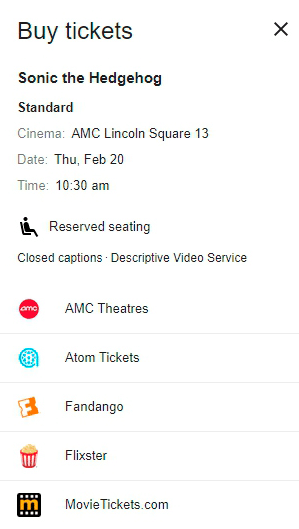*Updated June 2021*
What is Schema?
Schema is a set of tags or microdata (computer language) that you add to your HTML code that tells search engines what the items on your webpage are. It helps Google and other search engines understand the information on your website. It also improves the way search engines read and display that information. It’s a great tool that works seamlessly as an extension of the HTML language on your webpage and is conveniently recognized by all search engines.
What is Schema.org Structured Data?
Schema.org is a collaboration between the major search engines like Google, Bing, and Yandex to help you provide information that the search engines need to understand your content and provide the best search results to your potential customers.
For example, with schema code, you can explain to search engines that the item listed on your webpage is the name of a product, the image of a person, or the description of a medical procedure.
Just as HTML is the language that tells a web browser how to display the webpage, the schema is the language that tells a search engine what the items on the webpage mean. This makes it easier for a search engine like Google, Bing, or Yahoo to take the information on your webpage and present it to the user more efficiently.
Let’s say, for example, that someone is comparing prices for shoes online. If a shoe retailer has schema on its webpage when a user searches for the price of Nike running shoes the search engine will present the retailer’s price of the sought-after shoe, along with an image of it, a description, and any other information that the user searched for. It makes it so that the search engine “knows” what the items on your webpage are.
Schema is a very flexible language, and you can mark up anything that you can imagine, not just retail items. So if, for example, you have a blog about movies you can mark up the names of actors mentioned in your blog with the property of “actor”. Then, when a user types in the keyword “actors” your webpage that mentions the names of actors will be more easily brought up on the search results page.
What is the Difference Between Schema, Microdata, and Structured Data?
Structured data pairs a name with a value that helps the search engines categorize your content.
Microdata is a form of structured data that works with HTML5.
Schema.org is a project that provides a set of definitions for microdata tags.
Some of the Items Described by Schema
Structured data is used to mark up many different items from products to recipes.
The most frequently used structured data provides information on:
- Events
- Creative Works
- Organizations
- People
- Places
- Products
These items have properties to describe them in detail. For instance, creative work can be “book”, which would then include title, author, illustrator, and more.
Rich Results
The event schema can include the date, time, location, performers that can show up in the search results as seen below. They are used to highlight key information. These are extra visual or interactive features. Rich results were formerly known as rich snippets or rich cards. They are made to stand out and help users achieve their tasks or get their answers more quickly. These can range from recipes to jobs and flights.
On mobile searches, there are an incredible amount of rich results. They provide a lot more actionable information. And they truly help your information stand out in search results.


If the event has the opportunity to buy tickets right from the search results, you can add an “offers” property. This Sonic the Hedgehog photo on the right is an example of this. It helps to grow awareness, and sales for concerts, music festivals, movies. It also shows information about artists, dates, and places for the event.
Getting rich results from your site
There are the classic formats: Microdata and RDFa. But currently, Google prefers JSON-LD. This is a JavaScript format to easily markup structured data that is readable to both humans and machines. However, even if you have perfect schema, that doesn’t guarantee that your data will be picked up by rich results.
The best practice with schema is to provide all of the available fields with relevant data. But it is very important to provide all the required data. If the required schema data isn’t provided, it will trigger search console errors. This will make your pages ineligible for rich results. If your page only has warnings, it will still be eligible. If you can, fix the warnings, but it shouldn’t hurt you overall. The errors on the other hand can cause issues.
You can check the results of your rich results in Google Search Console.
Google also has a structured data markup helper.
And Google has a rich results test to make sure your markup is correct.
At Infront we have used Schema for our clients with retail websites that use structured data, but it can be applied to any type of website. This is a good procedure to use if you want to gain visibility in search engines for any search, and it’s a service that we provide for our SEO clients.
There are also several plugins on WordPress that can help you with Schema Markup.
Contact us to learn more about this or any other SEO procedure that we can do for your business.

Allan Todd is CEO of Pagecafe Digital Marketing. In 2022, Allan teamed up with Infront Webworks to provide digital marketing, website design, content marketing, SEO and strategy and solutions to local businesses. Allan lives in Colorado Springs.


